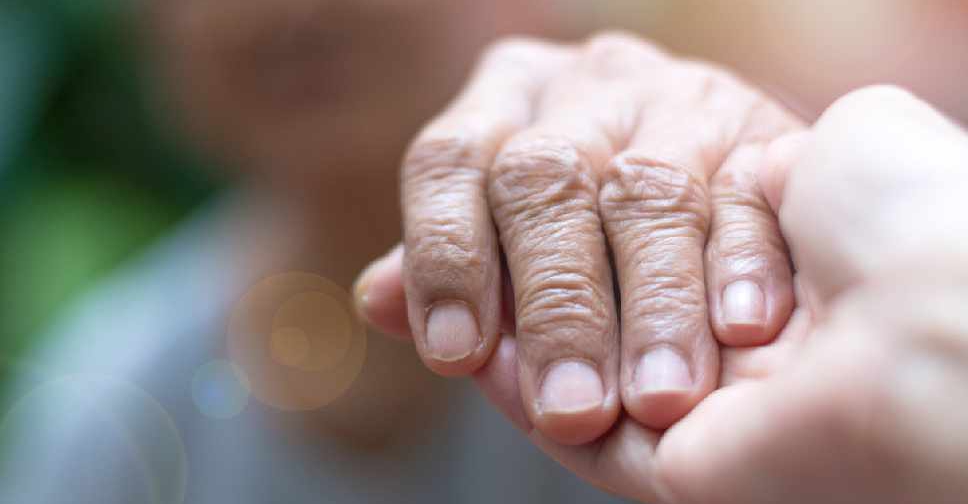
Temporary care when families are unavailable and home improvements are among six new services launched under Abu Dhabi's 'Barakatna' initiative to enhance care for Emirati senior citizens.
Approval for flexible working for caregivers, additional units for special cases, extension on home loan repayment and specialised housing grants for families are among the other services.
It's designed to promote family cohesion and quality of life.
UAE President His Highness Sheikh Mohamed bin Zayed Al Nahyan launched the 'Barakatna' initiative earlier this week as capital city works to improve home care services for seniors and supporting caregivers.
'Barakatna' is grounded in the Department of Community Development – Abu Dhabi (DCD)'s approach to identifying societal needs and challenges through studies, surveys and other social monitoring tools.
"We designed this initiative following an in-depth review of the challenges facing caregivers, with the goal of easing their daily burdens and empowering them to carry out their noble responsibilities toward their parents," said Dr. Mugheer Khamis Al Khaili, Chairman of the Department of Community Development.
"It is about helping them strike a healthy balance between work and family life. Family caregiving is not just a duty - it is a living expression of loyalty and a foundation for a cohesive, resilient society."
Six key services
- The temporary care support is provided for up to 8 hours per day, once per week, for a total of 48 days per year, enabling caregivers to attend to personal responsibilities, spend time with their families and ease the demands of daily life.
- Flexible work policies within government allows caregivers to obtain a formal certificate enabling them to balance their professional and caregiving responsibilities more effectively.
- Structural modifications to homes allow families to create dedicated, private and comfortable living spaces for senior family members.
- Specialised housing grants allow families to live closer to one another and extend the repayment period for housing loans by an additional five years to reduce financial pressure on caregivers.

 UAE President meets officers of Khalifa bin Zayed II Airborne Brigade
UAE President meets officers of Khalifa bin Zayed II Airborne Brigade
 H.H. Sheikh Sultan arrives in Oman on official visit
H.H. Sheikh Sultan arrives in Oman on official visit
 Dubai crowns champions in prompt engineering
Dubai crowns champions in prompt engineering
 H.H. Sheikh Mohammed approves major public health reforms in Dubai
H.H. Sheikh Mohammed approves major public health reforms in Dubai
